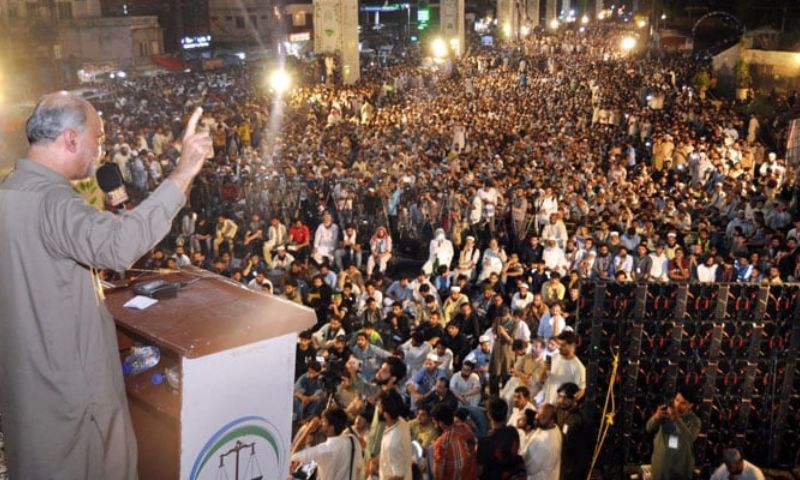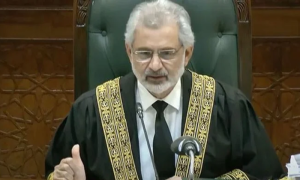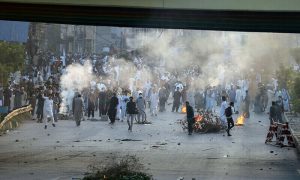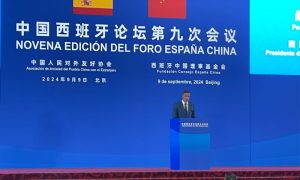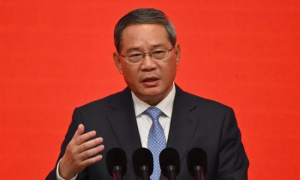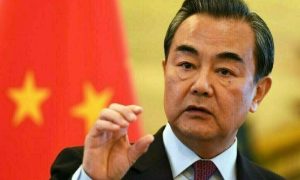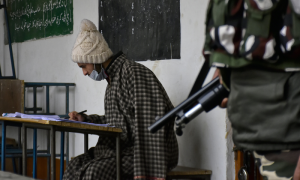ISLAMABAD: The top leader of a Pakistan religious-political party, camped at Rawalpindi’s historic Liaqat Bagh ground since July 26 to protest against inflation and the high cost of living, claimed on Saturday that the government’s negotiating team has been absent for the past three days.
Speaking to the media, Jamaat-e-Islami Emir Hafiz Naeem expressed frustration, stating, “They seem to think we will beg for negotiations, but that won’t happen.” He emphasized that the protest sit-in is evolving into a force driven by the people and asserted that they will continue the sit-in until their demands are met.
Hafiz Naeem reiterated the call for reducing power prices and maintaining the salary slab at last year’s level. He stressed that the public should not bear additional taxes or payments to Independent Power Producers (IPPs).
He questioned the reasons behind the prime minister’s inaction, asking, “What is preventing the prime minister from taking action? Why can’t the prime minister or his officials use 1300CC cars?” He added, in a lighter tone, “It’s not the 1300CC car causing the problem with platelets.”
Hafiz Naeem further questioned why the prime minister, his niece, and bureaucrats cannot use smaller cars.
Earlier on Wednesday, Jamaat-e-Islami Vice Emir Liaqat Baloch, who was negotiating with the government committee, had warned that if the government remained unresponsive, JI might halt the negotiations.
Hafiz Naeemur Rehman had also warned of extending the sit-in protest to other cities if their demands were not met.
The JI’s demands include:
- Abolition of the Petroleum Development Levy and reversal of recent price hikes on petroleum products.
- A 20% reduction in food, electricity, and gas prices.
- Renegotiation of agreements with independent power producers (IPPs) and an end to payments in US dollars.
- A 50% discount for power consumers using up to 500 units.
- Reduction in taxes on agriculture and industry and a cut in financial burdens by 50%.
- Incentives for the industrial sector, trade, and investment to create job opportunities.
- Withdrawal of increased taxes on the salaried class and imposition of taxes on the privileged class.
- A 35% cut in non-development expenses.
- Removal of taxes on educational materials.









